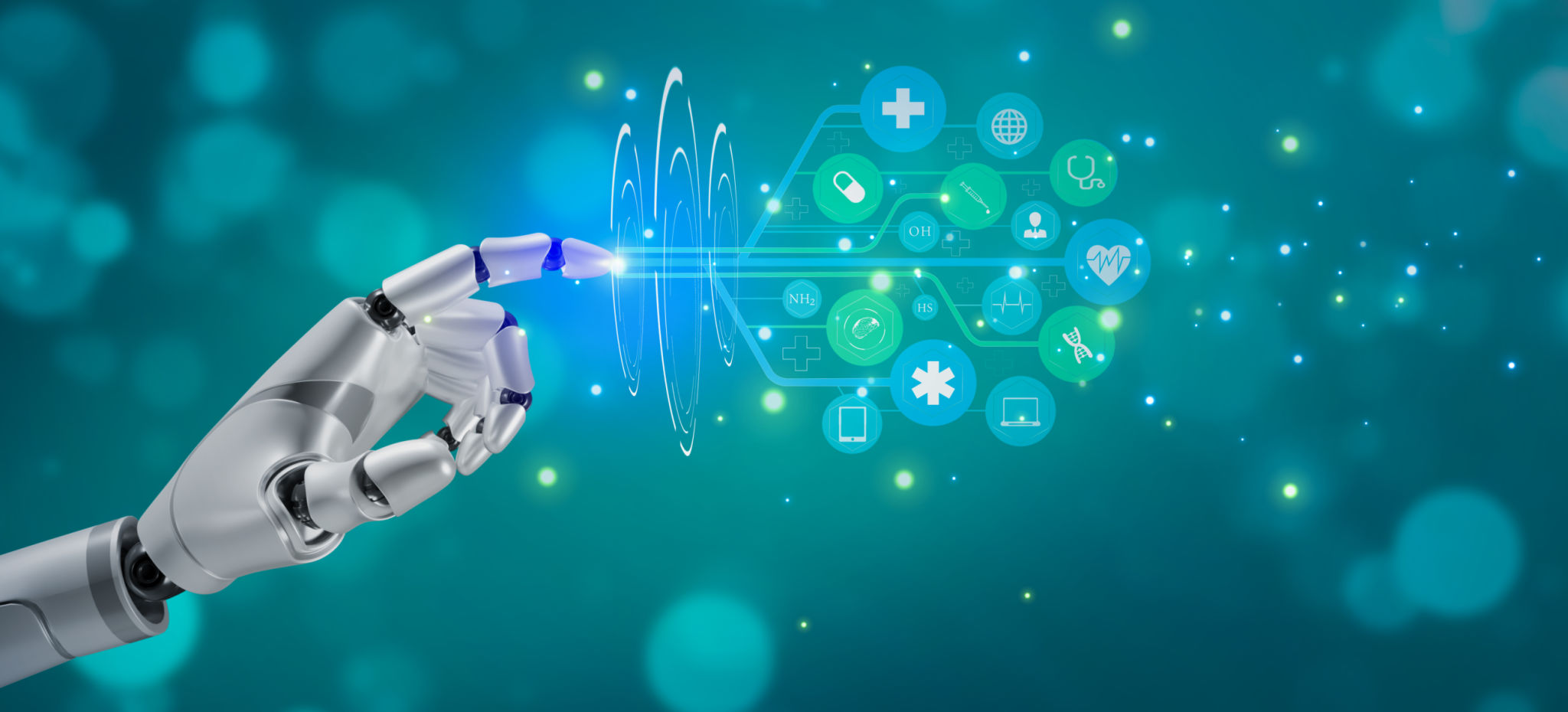Emerging Trends in Digital Healthcare: Spotlight on India
Digital Healthcare: An Overview of India's Transformation
India is witnessing a significant transformation in the healthcare sector, thanks to the rapid adoption of digital technologies. This transformation is marked by the integration of advanced technologies like artificial intelligence (AI), telemedicine, and mobile health applications. These innovations are enhancing the accessibility and efficiency of healthcare services, making them more patient-centric and data-driven.
One of the key drivers of this digital healthcare revolution is the increased penetration of smartphones and the internet across the country. With a growing number of people accessing digital platforms, healthcare providers are leveraging these tools to reach a wider audience, especially in rural and remote areas.

Telemedicine: A Boon for Remote Areas
The rise of telemedicine has been one of the most notable trends in India's digital healthcare landscape. This technology allows patients to consult with doctors remotely, eliminating the need for physical visits. Telemedicine has proven to be particularly beneficial for individuals residing in remote regions where healthcare facilities are scarce.
Telemedicine platforms offer video consultations, electronic prescriptions, and instant messaging services, bridging the gap between patients and healthcare providers. As a result, it has become an essential tool in ensuring that quality healthcare is accessible to all, regardless of geographical barriers.
Artificial Intelligence: Revolutionizing Diagnosis and Treatment
Artificial intelligence is playing a pivotal role in revolutionizing how healthcare services are delivered in India. By analyzing vast amounts of data, AI-powered systems can assist doctors in diagnosing diseases more accurately and swiftly. These systems can predict patient outcomes, personalize treatment plans, and even preemptively identify potential health risks.
In addition to diagnostics, AI is also being utilized for automating administrative tasks, thereby reducing workload on healthcare professionals and allowing them to focus more on patient care. This integration of AI is not only improving efficiency but also enhancing the overall patient experience.

Mobile Health Applications: Empowering Patients
Mobile health (mHealth) applications are empowering patients by providing them with tools to monitor their health and wellness proactively. These apps offer features such as fitness tracking, medication reminders, and access to personal health records, enabling individuals to take charge of their health.
The convenience and accessibility of mHealth apps are encouraging more people to engage with their healthcare providers actively. This shift towards patient empowerment is fostering a more collaborative approach to healthcare, where patients are informed participants in their health management.
Challenges and Future Prospects
While the digital healthcare landscape in India is expanding rapidly, it also faces several challenges. Issues such as data privacy, lack of digital literacy among older populations, and infrastructural limitations pose significant hurdles. Addressing these challenges requires concerted efforts from both the government and private sectors.
Despite these challenges, the future of digital healthcare in India looks promising. Continued investments in technology, coupled with supportive regulatory frameworks, are expected to drive further growth and innovation in this sector. As these trends continue to evolve, India's healthcare system is poised to become more inclusive, efficient, and patient-centered.
